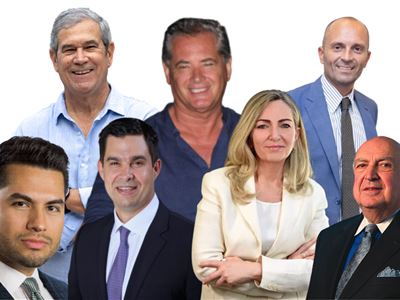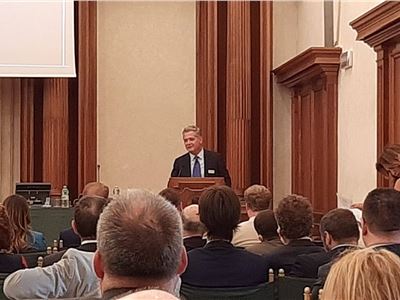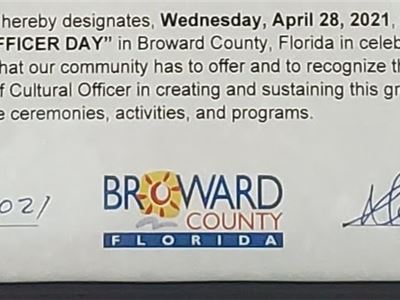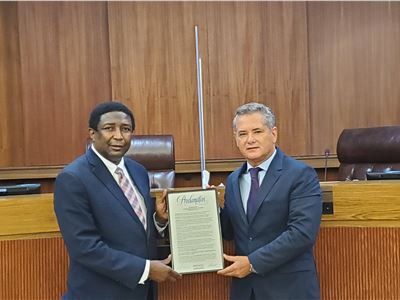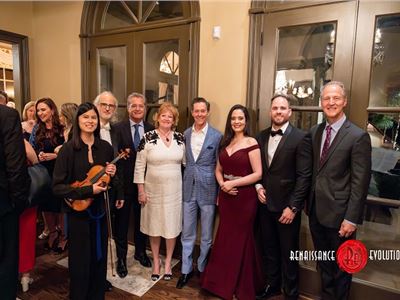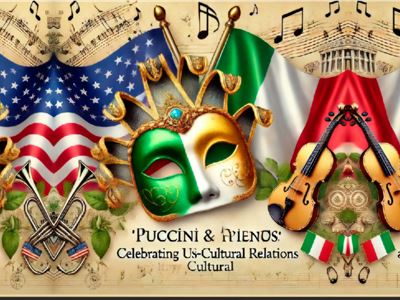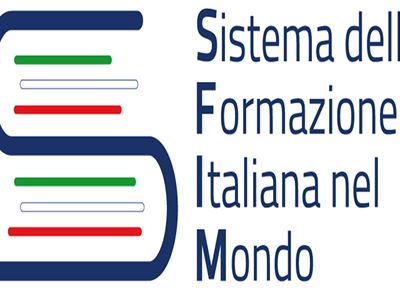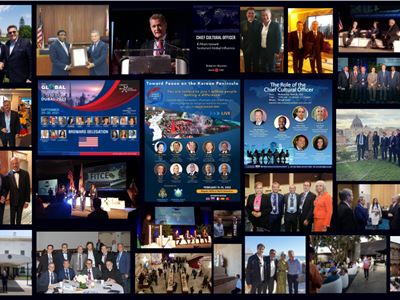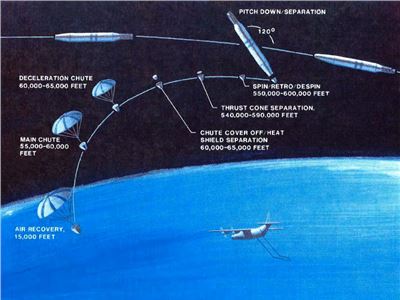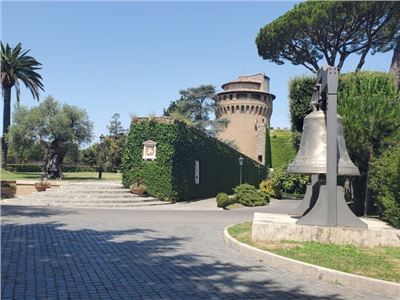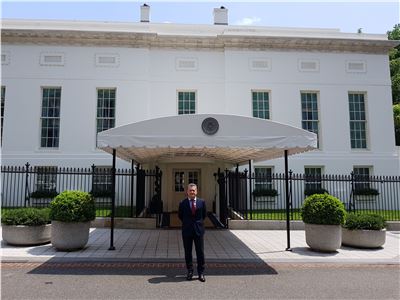By Roberto Masiero
We live in a world awash with data—algorithms anticipate our every click, digital assistants answer before we finish the question, and artificial intelligence now writes code, composes music, and even advises governments. Yet in the midst of this breathtaking technological ascent, humanity is experiencing a profound decline: a crisis of intelligence, not artificial, but human. We are surrounded by "smart" machines, yet what passes for wisdom in our culture is growing thinner by the day. We’ve mistaken access for understanding, speed for insight, and automation for advancement. And in doing so, we’ve reduced intelligence to calculation and forgotten that true intelligence is a far deeper, more sacred endeavor—one that no machine can replicate.
Let’s be clear: AI is an extraordinary tool. It can recognize patterns, optimize processes, and simulate human language with eerie fluency. But what it cannot do—what it will never do—is assign meaning. It cannot tell us why something matters. It cannot feel the weight of history, the ache of conscience, or the ecstasy of wonder. It cannot gaze at the Sistine Chapel and experience awe, or stand in silence at Auschwitz and feel the sacredness of memory. These are human capabilities. They come not from code, but from the soul.
The crisis we face today is not that AI is too powerful, but that we are becoming too passive. We are outsourcing not just tasks, but thinking itself. The danger isn’t that machines will become human—it’s that humans will become machines. In our desire for efficiency, we are losing our capacity for reflection. In our pursuit of automation, we are abandoning contemplation. And in our obsession with progress, we are forgetting purpose. Historically, intelligence was never defined by data accumulation. Socrates questioned everything but carried no device. Leonardo da Vinci explored the mechanics of flight while meditating on the nature of beauty. Their genius wasn’t in how much they knew, but in how they integrated knowledge with vision, ethics, and creativity. Intelligence, at its highest, is the art of living meaningfully in the world. It is not only to know, but to understand.
We are now at a cultural and strategic crossroads. The Age of AI demands more than technological fluency; it demands a renaissance of human wisdom. And that renaissance must begin by reclaiming the dimensions of intelligence that machines cannot touch.
First, we must restore judgment to its proper place. AI can simulate decisions, but it cannot weigh values. When to act, when to wait, when to forgive, when to resist—these are decisions rooted in human character. They require memory, emotion, and experience. A society that cannot teach or elevate judgment will eventually collapse, no matter how advanced its technology becomes. Second, we must renew our reverence for imagination. Innovation without imagination is mere iteration. Creativity is not simply about producing new content, but about seeing old truths with new eyes. Machines remix; humans reinvent. To imagine is to transcend the given. It is the engine of hope—and hope is what civilizations are built upon. Third, we must re-center culture as a strategic asset. Culture is not entertainment. It is the fabric of identity, the language of meaning, the context of choices. In moments of crisis—pandemics, wars, upheavals—it is culture that tells us who we are and what we must become. Investing in culture is not a nostalgic luxury. It is a geopolitical necessity.
This is not a call to resist AI. On the contrary, I believe AI can be an instrument of extraordinary good, if guided by human virtue. But virtue cannot be programmed. It must be lived, taught, and chosen. That is our task.
In this sense, the challenge before us is civilizational. Will we allow our future to be defined by algorithms and convenience? Or will we have the courage to lead with conscience, vision, and dignity? At Renaissance Evolution, we speak often of a “new humanism.” One that does not reject technology, but places it in service of the human spirit. A humanism that champions both innovation and integrity. That honors both progress and permanence. That remembers the wisdom of the past even as it dares to shape the future. We must teach our children not only how to code, but how to care. Not only how to analyze, but how to ask questions that cannot be Googled: Who am I? What is justice? What is worth sacrificing for? What does it mean to live a good life?
Because in the end, the future will not be determined by the smartest machines. It will be shaped by the wisest humans—those who remember that intelligence is not a function of processing power, but a commitment to truth, beauty, and goodness. Let us not be the generation that lost itself in its own inventions. Let us be the generation that remembered what it means to be human—and led the world, not with machines, but with meaning.
Roberto Masiero is a Doctor of Humanities, Founder and President of Renaissance Evolution, a nonprofit organization dedicated to cultural diplomacy, education, and the revitalization of human values in the digital age. He is also the Founder of Bee Technology Group and creator of the division BlueJ8, where he and his Team develop and train AI-based platforms that aim not just for performance, but for purpose.
- Tags:
- Categories: Business Culture Tech Artificial Intelligence







